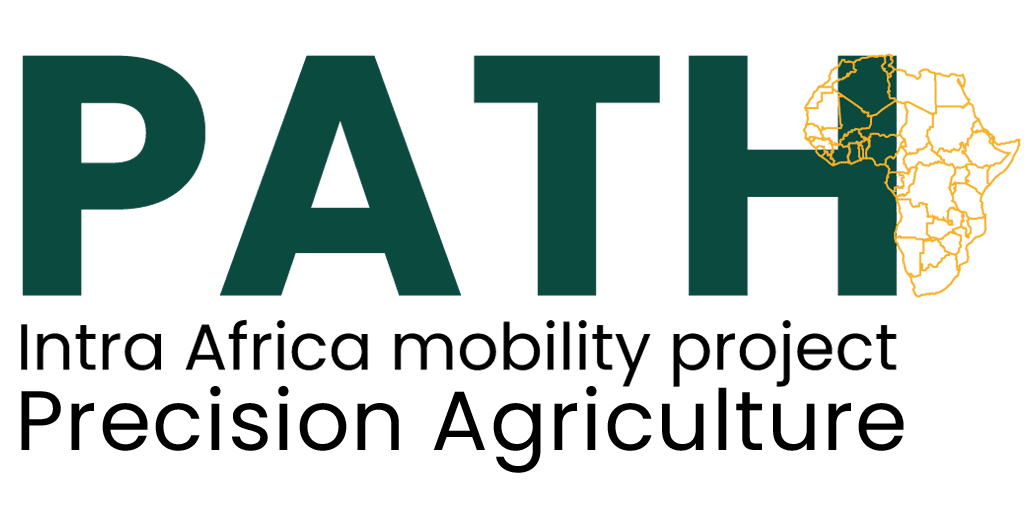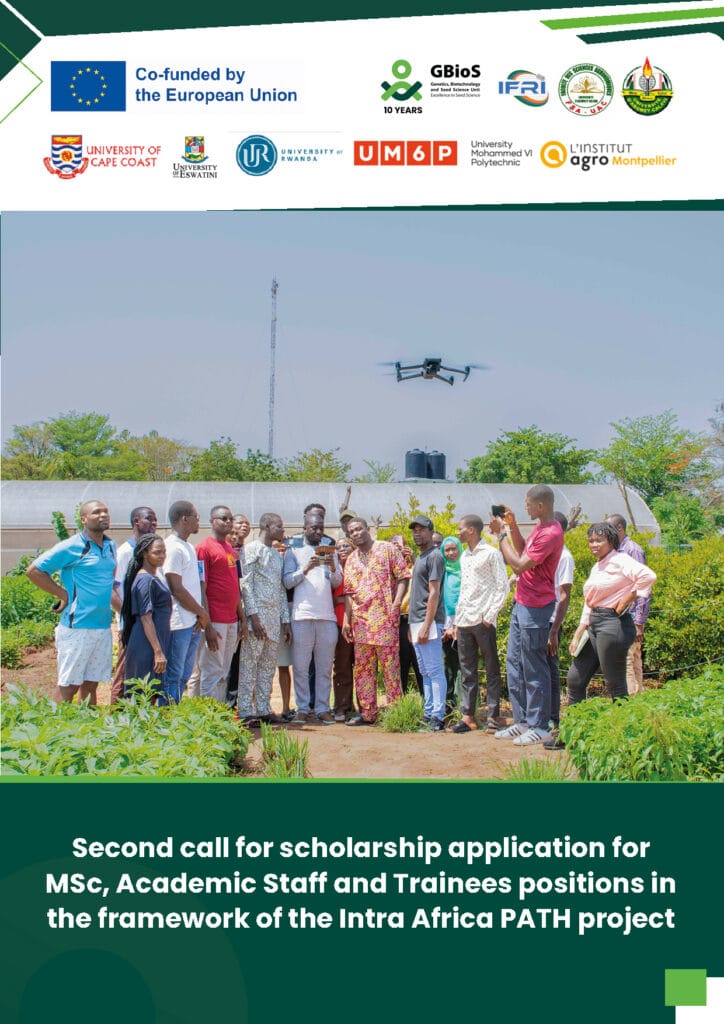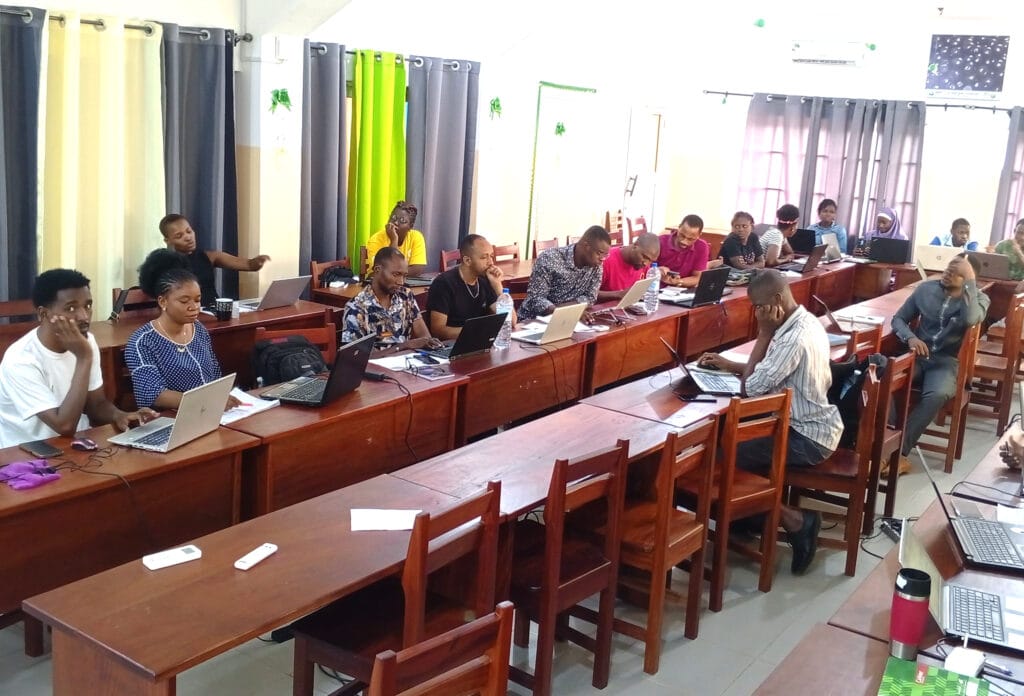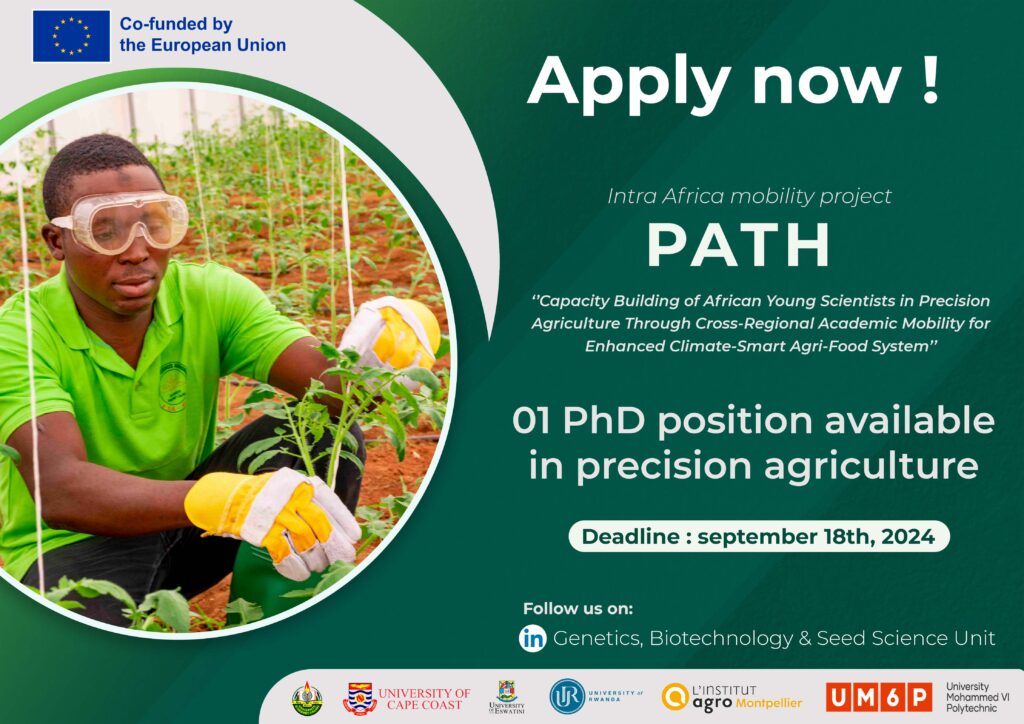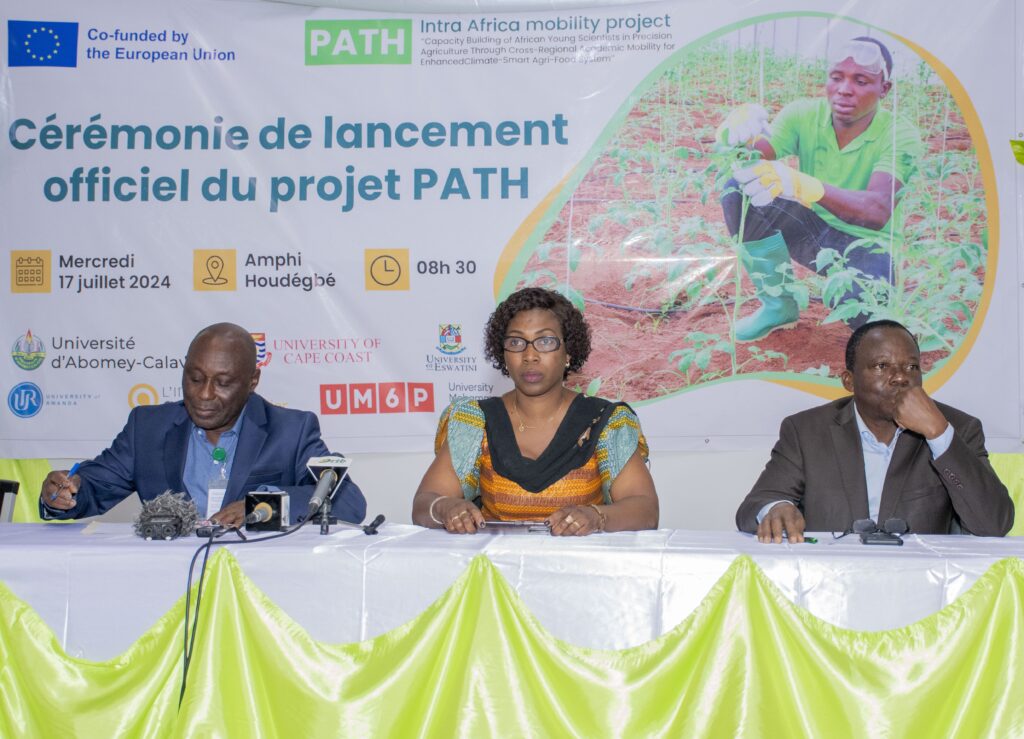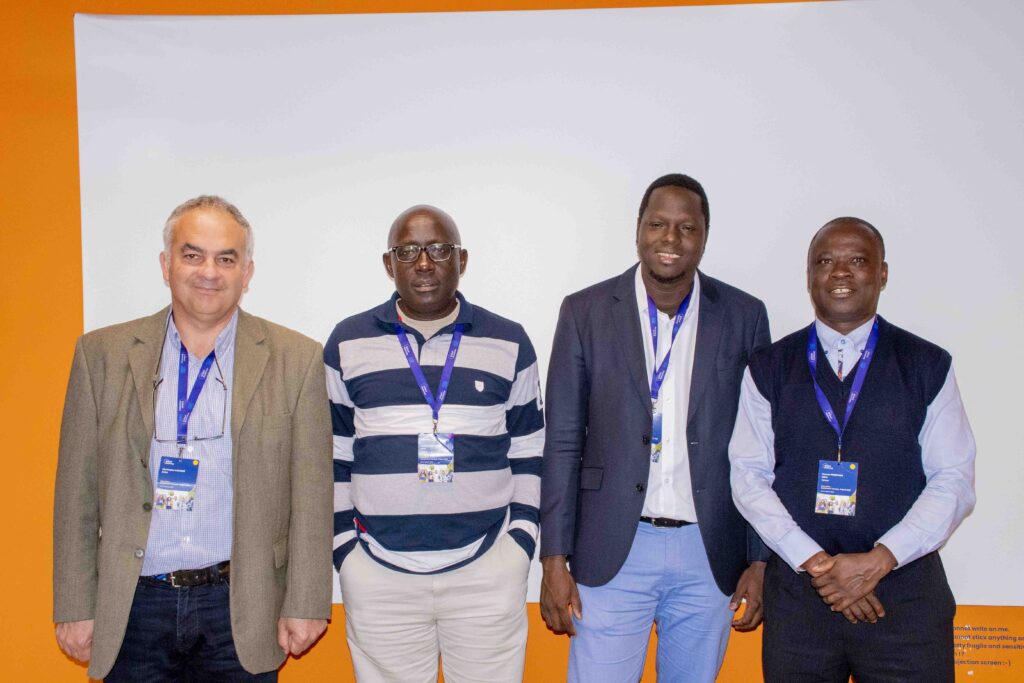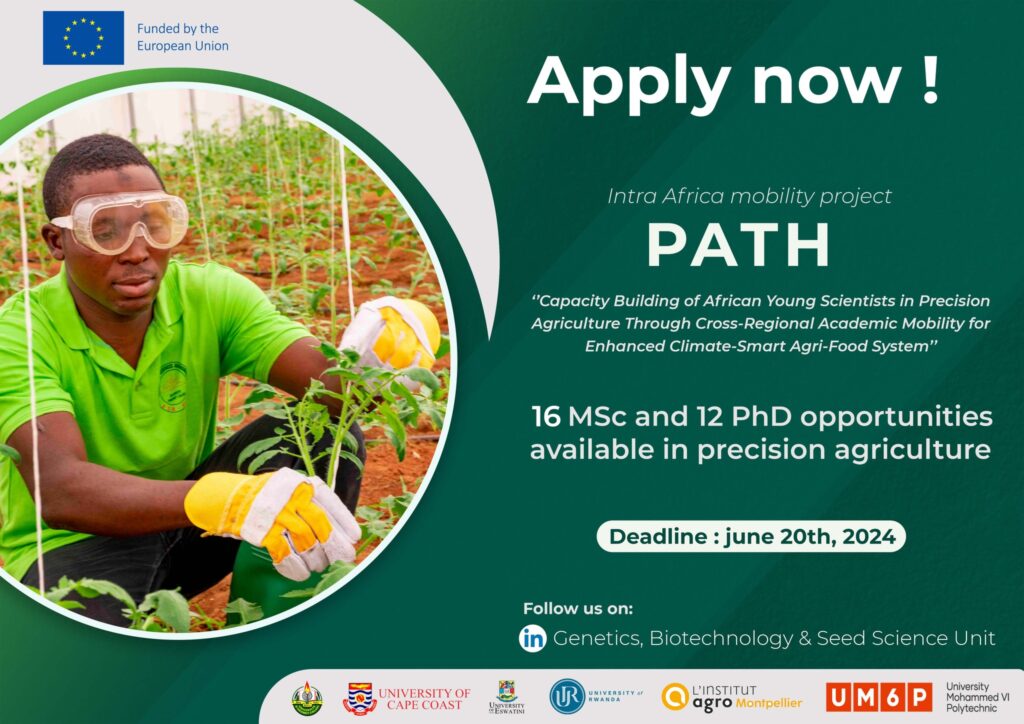Precision agriculture is revolutionizing the farming industry by incorporating advanced technologies and data-driven techniques to enhance crop management. This innovative approach aims to optimize the use of resources, increase productivity, and promote sustainable farming practices. By leveraging tools such as GPS, IoT, remote sensing, and data analytics, farmers can make more informed decisions and achieve better results. This article provides an introduction to precision agriculture, exploring the key techniques and tools that are transforming modern farming. Understanding Precision Agriculture Precision agriculture, also known as smart farming, is a method of farming that uses technology to monitor and manage field variability in crops. This approach allows farmers to tailor their practices to the specific needs of different areas within a field, ensuring that each plant receives the right amount of inputs (water, fertilizers, pesticides) at the right time. By doing so, precision agriculture aims to maximize crop yields, reduce waste, and minimize environmental impact. Key Techniques in Precision Agriculture Variable Rate Technology (VRT): Variable Rate Technology enables farmers to apply inputs at varying rates across a field based on specific requirements. This technique relies on data collected from various sources, such as soil tests and crop sensors, to determine the optimal amount of inputs needed in different areas. VRT helps in reducing input costs and improving crop health and yield. Site-Specific Crop Management (SSCM): Site-Specific Crop Management involves the detailed assessment of field conditions to implement customized farming practices. By analyzing soil properties, topography, and crop performance, farmers can develop management plans that address the unique characteristics of each section of the field. SSCM enhances efficiency and sustainability in farming operations. Remote Sensing: Remote sensing involves the use of satellites, drones, and aerial imagery to gather information about crop health, soil conditions, and environmental factors. This technique provides real-time data that helps farmers monitor crop progress, detect issues early, and implement targeted interventions. Remote sensing is crucial for precision agriculture as it offers a comprehensive view of field conditions. Essential Tools in Precision Agriculture Global Positioning System (GPS): GPS technology is fundamental to precision agriculture, enabling accurate mapping and navigation of fields. GPS allows for precise planting, fertilizing, and harvesting operations, ensuring that inputs are applied accurately and efficiently. This precision reduces waste and enhances overall productivity. Geographic Information Systems (GIS): Geographic Information Systems (GIS) are used to analyze and visualize spatial data related to fields. GIS helps farmers create detailed field maps, track changes over time, and make data-driven decisions about crop management. This tool is essential for understanding field variability and implementing site-specific practices. Internet of Things (IoT): The Internet of Things (IoT) involves interconnected devices and sensors that collect and transmit data in real-time. In precision agriculture, IoT devices monitor soil moisture, temperature, and nutrient levels, providing continuous feedback on field conditions. This real-time monitoring allows for precise irrigation and fertilization, optimizing resource use and improving crop health. Drones: Drones equipped with multispectral cameras and sensors are used for aerial surveys and data collection. Drones provide high-resolution imagery and detailed information on crop health, pest infestations, and soil conditions. This data is invaluable for early detection of issues and targeted interventions, making drones a vital tool in precision agriculture. Data Analytics and Machine Learning: Data analytics and machine learning play a significant role in processing and analyzing the vast amounts of data collected from various sources. These technologies help identify patterns, predict trends, and provide actionable insights for better decision-making. By leveraging big data, farmers can optimize their practices and enhance overall efficiency. Benefits of Precision Agriculture Precision agriculture offers numerous benefits, including increased productivity, cost savings, and environmental sustainability. By optimizing the use of inputs, farmers can achieve higher yields with fewer resources. Precision agriculture also reduces the environmental impact of farming by minimizing the overuse of chemicals and conserving water. Additionally, the data-driven approach helps farmers make informed decisions, improving overall farm management and profitability. Precision agriculture represents a significant advancement in modern farming practices. By integrating advanced technologies and data-driven techniques, this approach enhances crop management, boosts productivity, and promotes sustainability. As the agricultural industry continues to evolve, precision agriculture will play a crucial role in meeting the growing demand for food while preserving natural resources. By embracing these innovative techniques and tools, farmers can achieve a more efficient, sustainable, and profitable future in agriculture.
